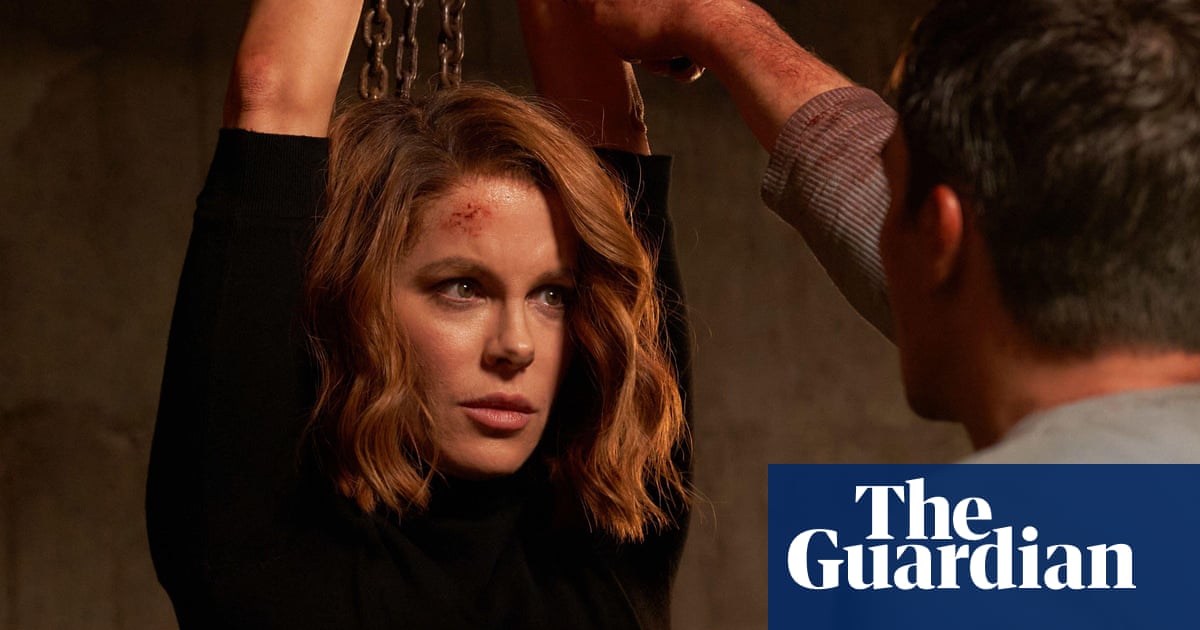Kate Beckinsale is suing the producers ofCanary Black, the 2024 action thrillerin which she starred, over claims she suffered “severe and debilitating injuries” as a result of “unsafe conditions”.
In news first reported by Puck, Beckinsale’s legal complaint was filed anonymously in June 2024, but hasnow been refiledunder her full name Kathrin Beckinsale.
The document claims that Beckinsale was routinely compelled to work 15-hour days during the film’s shoot, which began in September 2022 in Croatia. Added to this, Beckinsale alleges that the workout equipment and physical trainers she had requested to “stay in top shape for the physical demands of the role” were not provided, and she subsequently suffered “a complex meniscus tear in her left knee” as a result of a scene in which she was thrown into a wall, which was aggravated when she was “coerced” into performing “unsafe action sequences” after she returned to work.
The document adds that Beckinsale’s stunt performer broke her ankle and “rather than replace her with a competent and qualified stunt [performer]”, the producers “hired an unqualified stunt woman who was simply the girlfriend of the stunt coordinator”.
The legal complaint also includes communications between Beckinale’s agent Shani Rosenzweig and the film’s producers, with Rosenzweig criticising the lack of preparation and training for the film’s action sequences. Rosenzweig wrote: “No one is actually taking real action to put a plan in place to fix this situation …” Before demanding to know: “How you are … making sure your lead actress works 12 hour days and has time to prep for work on her own when she leaves the set while getting the rest her body so desperately needs. If you’re trying to kill a person, you’re doing a great job.” A message in response from John Zois, one of the film’s producers, reads: “I don’t know what else to say other than you’re right … The days are too packed for the pace we are moving and it’s CLEARLY not sustainable.”
The Guardian has contacted Zois and the film’s sales representatives Anton for comment.
